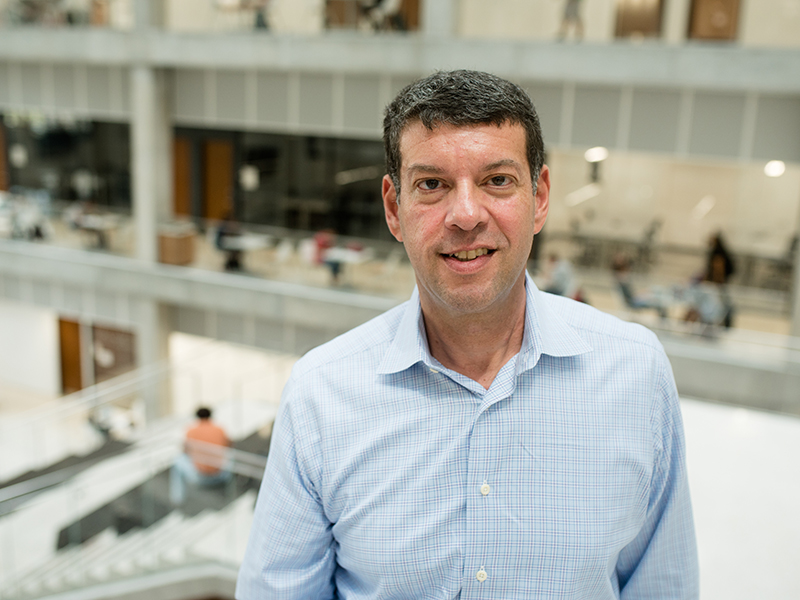Singapore Selects Cockrell School Research Consortium for $3 Million Project
The Construction Industry Institute (CII), a research consortium based in the Cockrell School of Engineering at The University of Texas at Austin, has signed a three-year, $3 million agreement with the Singapore Economic Development Board to help the country’s energy and chemicals industry construct and maintain more efficient processing facilities.
The partnership between UT Austin’s researchers at CII and the government and companies in Singapore is intended to accelerate a shift in the industry’s approach to maintenance and construction productivity with the goal of making Singapore more competitive and reducing its reliance on foreign labor. Singapore is widely considered one of the top petrochemical and refining centers in the world.
CII researchers will lend their expertise in the construction, maintenance and shutdown/turnaround of refineries and chemical plants. Researchers plan to assess the country’s needs and guide Singapore in the use of new technologies, materials and construction management practices.

Carlos Caldas, professor in the Cockrell School of Engineering’s Department of Civil, Architectural and Environmental Engineering
Carlos Caldas, professor in the Cockrell School’s Department of Civil, Architectural and Environmental Engineering, and Stephen Mulva, CII’s associate director and a Cockrell School lecturer, are the principal investigators on the project.
The UT Austin team, which won the project in a global selection process, will be working with researchers from the National University of Singapore.
“Construction productivity is a worldwide problem,” Mulva said. “We think the expertise that we have garnered through our decades of global research can be of great benefit to one of Singapore’s vital industries. There is no better way to ‘change the world’ — as we like to say at UT Austin — than to partner with people in other continents and work to make things better for society.”
The research will draw on the CII Performance Assessment Program and the findings of CII’s landmark RT 252 Construction Productivity Research Program, a six-year effort concluded in 2013 that examined technologies and best practices for construction productivity improvement.
The study will investigate the use of productivity measurement practices such as benchmarking to gauge the productivity of different construction disciplines. The researchers are also proposing a novel method of assessing mechanization, which will play an important role in determining the appropriate amount and types of technology needed to optimize productivity.
The research team will develop and evaluate the proposed measurement and management practices across 15 pilot projects and then use the research findings to transfer knowledge to the industry through annual workshops.
“The research findings will give Singapore’s petrochemical industry a clear sense of where it stands globally in terms of productivity, and they will set the stage for its improvement,” Caldas said.
